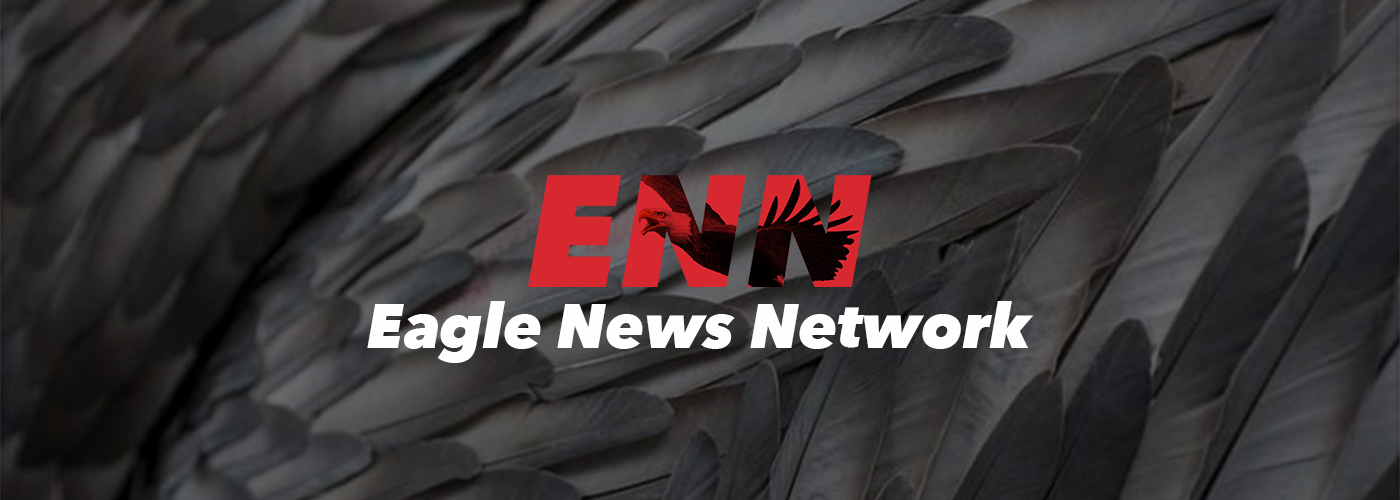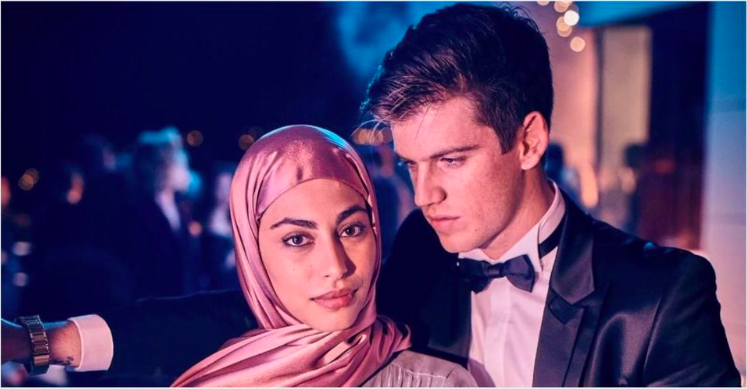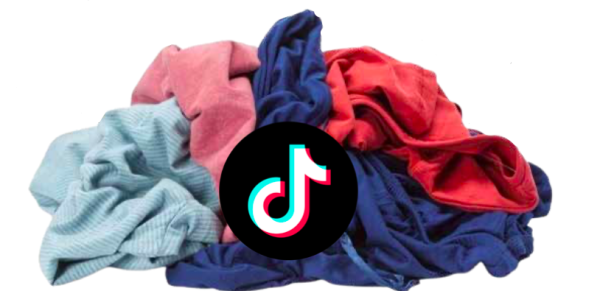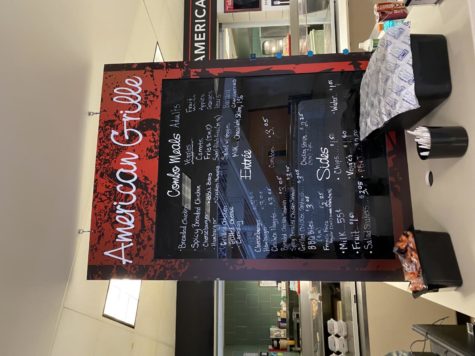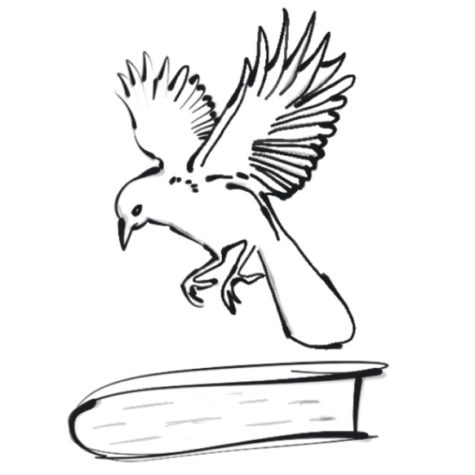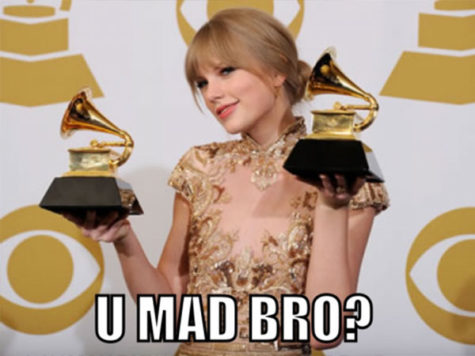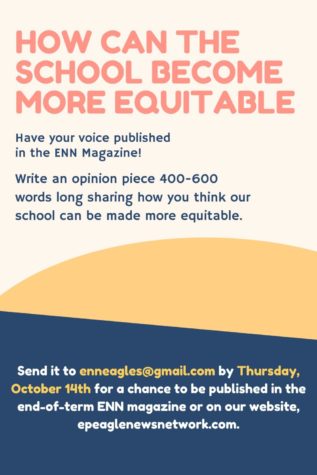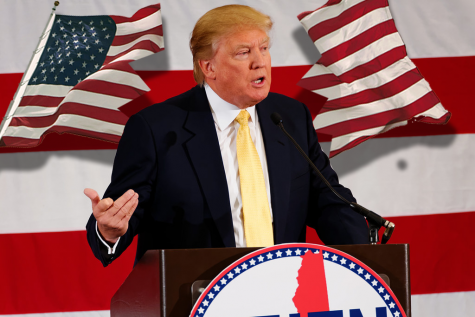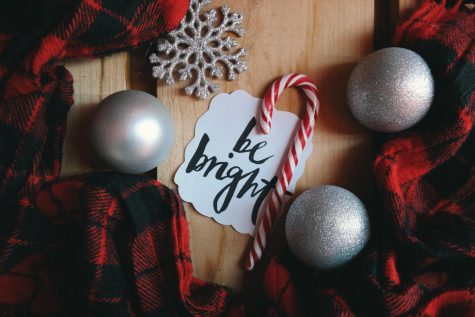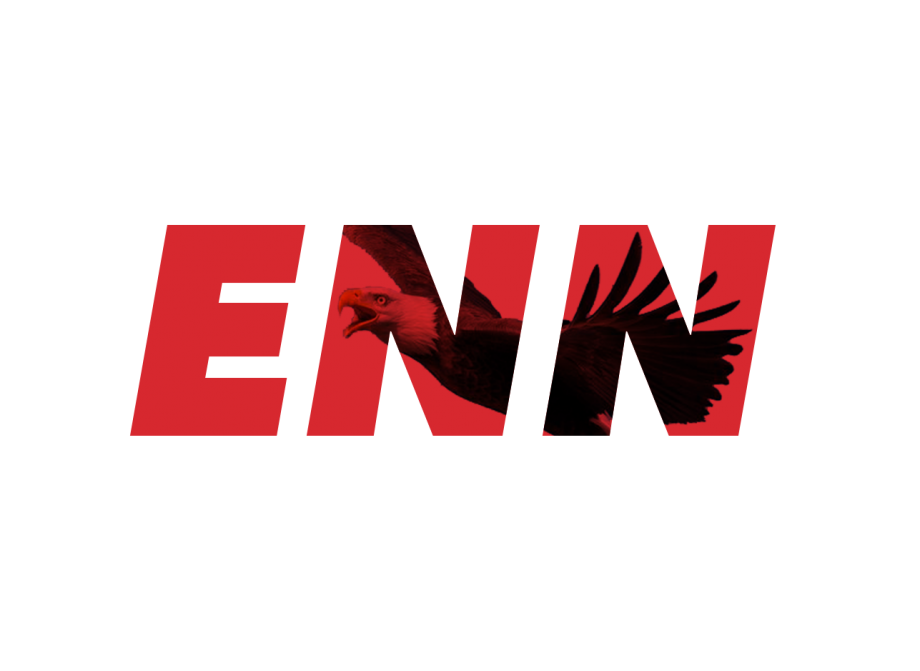Muslim representation? Nope, don’t need it (I’m talking to you Netflix)
June 11, 2022
“Was there any alcohol or…or kissing boys?” asks Devi’s mom.
“Absolutely not. I don’t do either of those things. This was just a Halal moment of rebellion,” says Aneesa.
“Yeah, it was halal as hell!” adds Eleanor.
“Well, I’m glad that Anee–” I slam my computer shut and try to process what I just watched. Did they just say that?? First, that entire scene is cringe. I was shocked, then confused, and eventually over it, but looking back all I feel is annoyed. For those of you who don’t know, Halal is a term in Islamic law meaning “permissible.” The term describes meats that are permissible to eat, so you can understand my frustration with its use in the show. Also, halal is the opposite of haram, meaning sinful. I find it weird that Aneesa uses the term halal to describe her behavior when she commits acts that are haram in Islam. This goes to show how little effort the Never Have I Ever writer’s room put into her as a character.
I’m not surprised, though, considering how Aneesa’s Muslim identity is only used for comedic effect (as seen in the scene above) and adds no nuance to her character. In fact, if they never mention her religion, it changes nothing about Aneesa or the show. The show uses her Muslim identity to earn a few diversity points, and I realize now that this happens way too often in the media.
My religion is not some token writers can use to add a false sense of diversity. Why is religion mentioned at all? Take Elite, a Netflix show about a group of underprivileged students in Spain who get scholarships to attend an elite high school. The religion of almost every character is hardly ever mentioned, or even acknowledged, in the show except for Nadia’s. Nadia is a hardworking student on a scholarship to an elite school and has a hard time balancing both her home and school life. Like many teens, she is going through an identity crisis. Did they have to make her Muslim for viewers to understand that, though?
Nadia’s journey of self-discovery portrays Islam as this leash that holds her back from experiencing true freedom. That removing the hijab is the only time Nadia is ever liberated. That she needs a white boy (Guzman, who’s not even all that) to guide her out of Islam’s tight shackles. Yep, every Muslim girl’s fantasy! But seriously, has it occurred to the writers that she can feel liberated while also wearing the hijab? Or do they think that all Muslim women are oppressed because they choose to cover-up?
It only gets worse from here. Tiny Pretty Things on Netflix made me burst into laughter because I could not believe my eyes. Not the good kind of laughter, the “I am going insane, this cannot be real, what is going on” kind of laughter that will lead some to question my sanity. Meanwhile, I question how Netflix thinks a scene where a Muslim character’s girlfriend interrupts him, mid-prayer, to start dancing and making out is in any way okay. MID PRAYER, people. For those confused, in Islam, prayer must never be interrupted because it is a time to communicate with Allah (SWT). It is valued so highly that we are even required to go through a washing ritual called Wudhu beforehand. It is so disrespectful to not only the Muslim community to get this type of portrayal, but to Allah (SWT) himself. I still can’t believe this scene exists.
The madness does not stop there, I’m afraid. Another Netflix show called Why Are You Like This has me flabbergasted, to say the least. The Muslim character breaks their fast, during the holy month of Ramadan, with a shot. And said Bismillah. I’m sorry, but is Netflix doing this on purpose?? A simple google search will tell you that Islam prohibits alcohol, yet they made the only Muslim character break their fast with a shot. If 2 + 2 is 4 (right), and 5 + 5 is 10 (ok), then what the heck is this?
I am so sorry for ever asking for Muslim representation in the media, alright? I don’t want it anymore. But I understand I do not speak on behalf of all Muslims, nor do I claim to. This is just my opinion as a fellow practicing Muslim.
Also, an FYI to those who say “just because the representation is bad doesn’t mean it’s still not representation. So be happy you’re getting recognized in the media.” Learn to shut up. First, you can’t tell me or any other marginalized group to accept the representation we are getting because “anything is better than nothing.” Nope. If you are Muslim, you understand how stupid that claim is. Why? In Islam, it is haram to spread misinformation. The Muslim representation in the media tends to make false assumptions about Islam and inaccurately portrays the religious lifestyle, therefore spreading false ideas about the religion. Lousy representation is worse than no representation at all.
No one is forcing you to include Muslim representation, so stop if you’re not going to get it right. In the meantime, here is some actual Muslim representation that is neither harmful nor disrespectful (I know, a lot to ask for these days): Love from A to Z by S.K. Ali and Midnight Mass on Netflix. Wow, Netflix. I am shocked. You got it right for once so let’s hope it stays that way.

